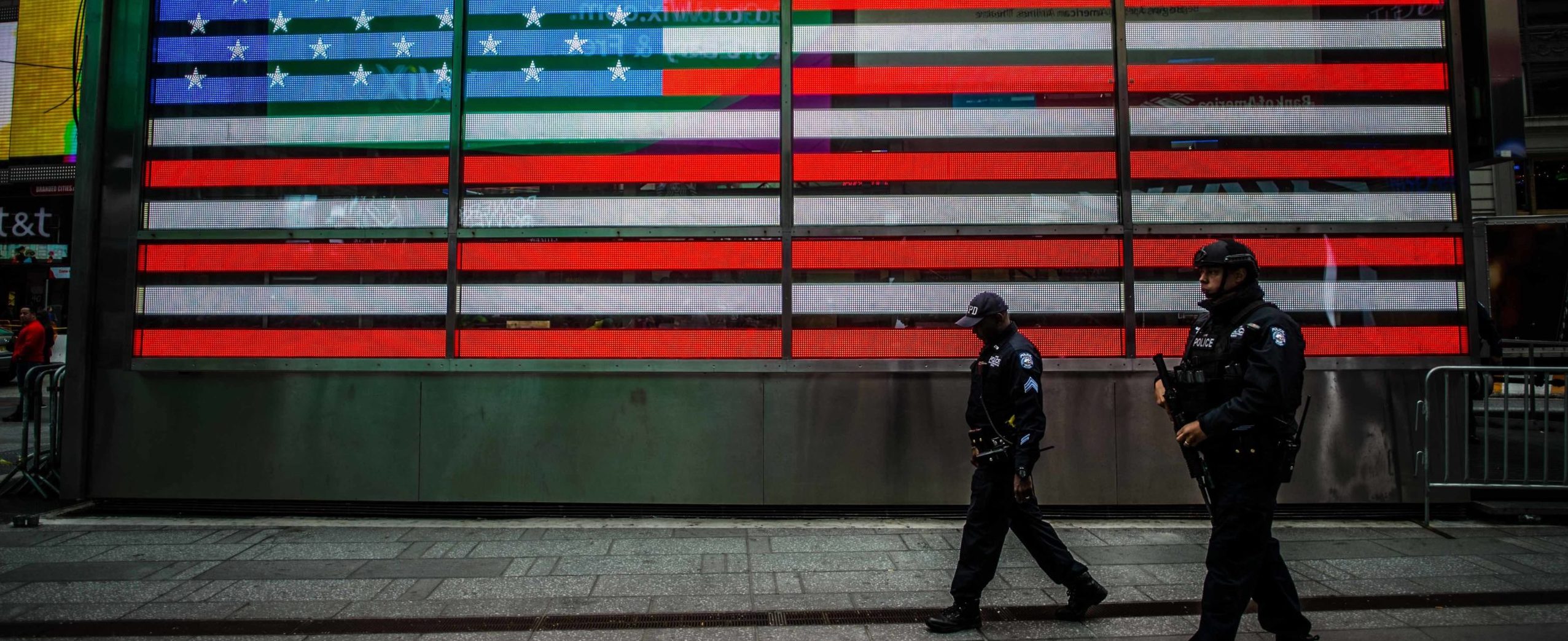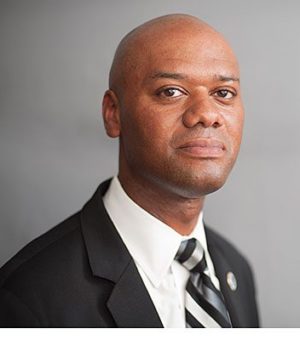
In the wake of George Floyd’s killing by a former Minneapolis police officer and the national conversation on policing, House and Senate Democrats on Monday released a comprehensive policing reform bill that seeks to change the culture of law enforcement and hold police accountable.
The Justice in Policing Act of 2020 includes provisions that would end qualified immunity, which gives police officers broad protection from civil lawsuits; strengthens the U.S. Department of Justice’s ability to investigate police departments for patterns of unconstitutional use of force or racially discriminatory behavior; and creates a national database of complaints against officers.
The bill has more than 200 cosponsors in the House and Senate, all of whom are Democrats. House Judiciary Committee Chairman Jerrold Nadler (D-NY) said he hopes to take up the legislation in the committee in the coming weeks. The bill could come up for a vote in the House by the end of the month but will likely face significant obstacles in the Senate.
Here’s a quick breakdown of key initiatives included in the proposal:
Work to End Racial and Religious Profiling
- Prohibits federal, state, and local law enforcement from racial, religious, and discriminatory profiling.
- Mandates training on racial, religious, and discriminatory profiling for all law enforcement.
- Requires law enforcement to collect data on all investigatory activities.
Make Lynching a Federal Crime
- Makes it a federal crime to attempt, conspire to commit, or commit lynching, or conspire to violate existing federal hate crimes laws.
Ban Chokeholds and No-Knock Warrants
- Bans chokeholds and carotid holds at the federal level and conditions law enforcement funding for state and local governments on chokehold bans in those jurisdictions.
- Bans no-knock warrants in drug cases at the federal level and conditions law enforcement funding for state and local governments on no-knock warrants in those jurisdictions.
- Requires that deadly force be used only as a last resort and requires officers to employ de-escalation techniques first. Changes the standard to evaluate whether law enforcement use of force was justified from whether the force was “reasonable” to whether the force was “necessary.” Conditions grants to state and local law enforcement agencies on their establishment of the same use-of-force standard.
Limit Military Equipment on American Streets and Require Body Cameras
- Limits the transfer of military-grade equipment to state and local law enforcement.
- Requires federal uniformed police officers to wear body cameras and requires state and local law enforcement to use existing federal funds to ensure the use of police body cameras.
- Requires marked federal police vehicles to have dashboard cameras.
Hold Police Accountable in Court
- Makes it easier to prosecute officers by amending the federal criminal statute to prosecute police misconduct.
- Enables individuals to recover damages in civil court when law enforcement officers violate their constitutional rights by eliminating qualified immunity for law enforcement.
Investigate Police Misconduct
- Improves the use of “pattern and practice” investigations at the federal level by granting the U.S. Department of Justice’s Civil Rights Division subpoena power.
- Creates a grant program for state attorneys general to develop authority to conduct independent investigations into problematic police departments.
Empower Our Communities to Reimagine Public Safety
- Reinvests in communities by supporting critical community-based programs to change the culture of law enforcement.
- Establishes public safety innovation grants for community-based organizations to create local commissions and task forces to help communities to reimagine and develop concrete, just, and equitable public safety approaches. These local commissions would operate similarly to President Obama’s Task Force on 21st Century Policing.
Change the Culture of Law Enforcement
- Requires the creation of law enforcement accreditation standard recommendations based on President Obama’s Taskforce on 21st Century Policing.
- Creates law enforcement development and training programs to advance best practices.
- Studies the impact of laws or rules that allow a law enforcement officer to delay answers to questions posed by investigators of law enforcement misconduct.
- Enhances funding for “pattern and practice” discrimination investigations and programs managed by the U.S. Department of Justice’s Community Relations Service.
- Requires the U.S. attorney general to collect data on investigatory actions and detentions by federal law enforcement agencies; the racial distribution of drug charges; the use of deadly force by and against law enforcement officers; as well as traffic and pedestrian stops and detentions.
- Establishes a U.S. Department of Justice task force to coordinate the investigation, prosecution, and enforcement efforts of federal, state, and local governments in cases related to law enforcement misconduct.
Collect Data on Police Misconduct and Use of Force
- Creates a nationwide police misconduct registry to prevent problematic officers who are fired or leave an agency from moving to another jurisdiction without accountability.
- Mandates state and local law enforcement agencies to report use-of-force data, disaggregated by race, sex, disability status, religion, and age.
Photo by Roman Koester on Unsplash
About the Author

 Zero Returns to Homelessness Initiative Launches Nationally, with Pennsylvania Leading the Way
Read More
Zero Returns to Homelessness Initiative Launches Nationally, with Pennsylvania Leading the Way
Read More
 New Hampshire Continues Justice Reinvestment Effort to Improve Conditions for People Who Are High Utilizers of Criminal Justice and Behavioral Health Systems
Read More
New Hampshire Continues Justice Reinvestment Effort to Improve Conditions for People Who Are High Utilizers of Criminal Justice and Behavioral Health Systems
Read More














